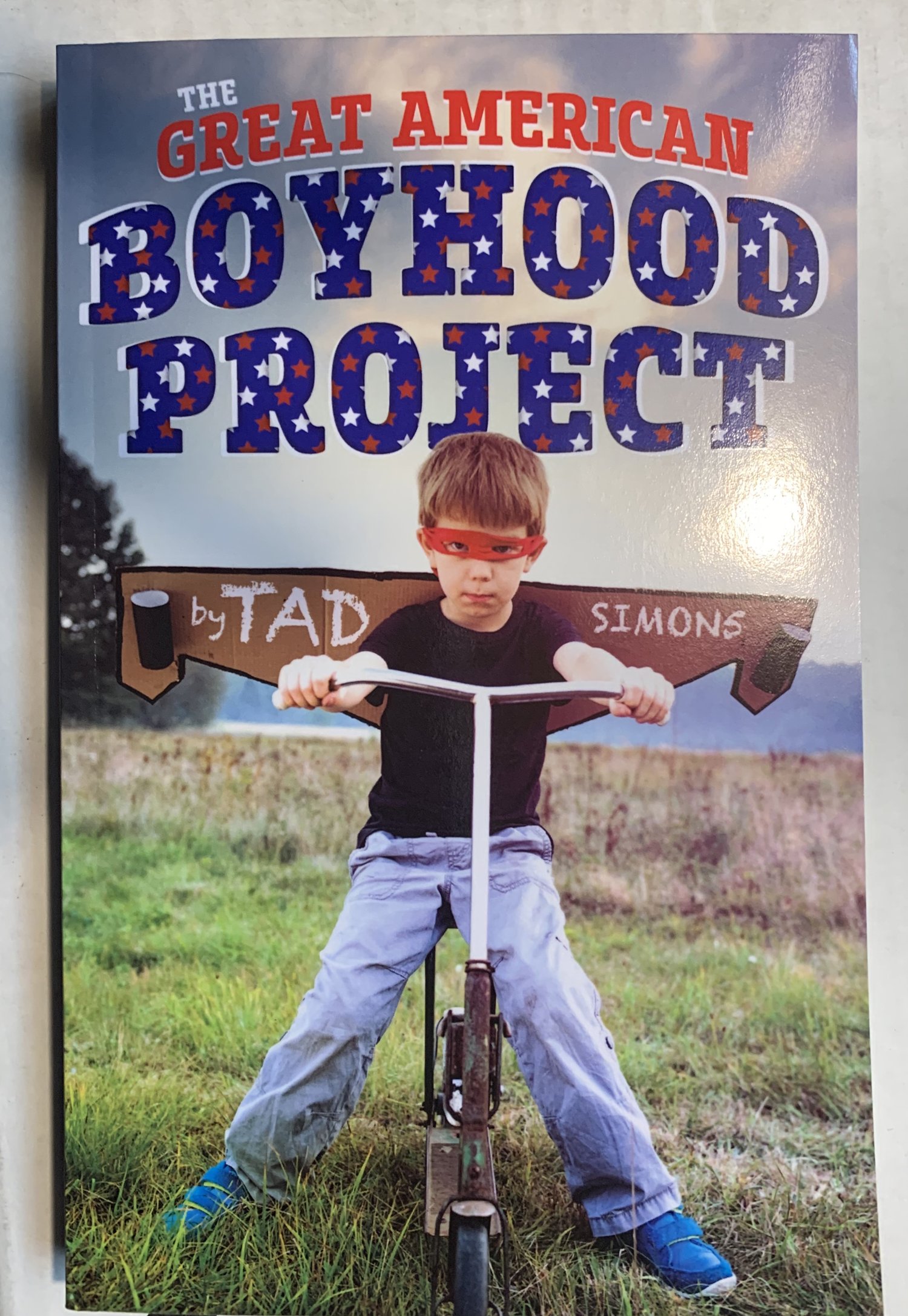One of the big disadvantages of the digital revolution is that you can no longer tell what other people are reading.
Used to be, you could walk onto a plane and easily determine what type of people you were flying with based solely on the book in their hands. As you made your way down the aisle to your own seat, you’d be thinking, “Look, that schlub is reading Tom Clancy,” or “That moron is reading Sue Grafton,” or “What kind of pompous ass hauls a copy of Infinite Jest onto an airplane?”
The book itself gave you valuable information about the person holding it, allowing you to make snap judgments about their character and intelligence, and alerting you to dangers that might have otherwise gone unnoticed. If you were sitting next to someone reading, say, The Power of Positive Thinking, or When Bad Things Happen to Good People, it immediately alerted you not to strike up a conversation, lest they start telling you about all the bad things that have happened to them, and why their attitude needs a power boost. And if you were sitting next to some guy in a coat and tie reading The Seven Habits of Highly Effective People, you knew instantly that he was not a very effective person, because reading popular business-management books is not one of those habits.
Unfortunately, with the advent of the Kindle and iPad, it’s now impossible to tell what books people are reading, depriving people like you and me of the information we need to avoid people who are painfully stupid or whose cultural tastes are offensively proletarian. Without any outward clues, it is now possible to find yourself sitting next to a James Patterson fan and not even be aware of it. For all you know, the attractive woman in the window seat could be reading a “Twilight” book, and you could find yourself unwittingly sucked into a discussion about the relative merits of teenage vampires over adolescent werewolves, specters, and succubi. Or, just as chilling, she might be reading a book of essays by Camille Paglia, and suddenly you’d be trapped in a debate over issues you’ve never heard of before, but are pretty sure you disagree with.
Such calamities rarely happened in the pre-digital world. And if they did, you could always shut down any unwanted communication by waving your copy of The Anarchist’s Cookbook in their face. Now, the only people bold enough to reveal their literary tastes in public are subscribers to The New Yorker, who like to advertise their erudition by reading this week’s copy on the bus or in the subway, where, they hope, someone who is six weeks behind will see them and seethe with envy. Identifying New Yorker readers has never been difficult, though. The wear and tear on their leather satchels gives them away. That and the little chunks of food caught in their beards.
Without the obvious cultural signifier of a book in hand, there is no choice now but to judge people in public according to other, less accurate criteria. The kid wearing Dr. Dre headphones might be a drug dealer, or he might just be an idiot who paid too much for headphones that suck. The woman staring at her iPhone and walking into traffic might not be as stupid as she looks. The beggar on the street corner with no legs might be a millionaire. The guy in the suit you saw on the plane might be a highly effective person after all.
You just don’t know anymore, because the telltale signs of yore are gone.
There is nothing to do about this situation other than remain vigilant and be sneakier about looking at other people’s reading material when the opportunity arises. On the bus, you can sometimes get an excellent view of someone’s iPad over their shoulder, and instantly know what sort of person you are sitting behind. Indeed, when I’m looking over someone’s shoulder, reading HuffPo along with them, or watching them play Candy Crush, I feel a sudden rush of nostalgia for the old days, when it was so much easier to surreptitiously judge people.
This is only the beginning. Think of the situation that will confront society when the roads are clogged with identical driverless Google cars. There will be no way to identify assholes and egomaniacs on the highway. And with their hands and minds free, the people inside those anonymous Google cars could be reading anything. When this day comes, it will be more difficult than ever to identify the sort of people you want to avoid, and almost impossible to prevent unwanted conversations with people who do not share your politics, religion, or allegiance to professional sports teams.
In this and many other ways, the world is getting worse, not better. I just hope we can find other ways to pre-judge people without ever having to talk to them. Otherwise, chaos will reign, and conversations you don’t want to have will be unavoidable.
